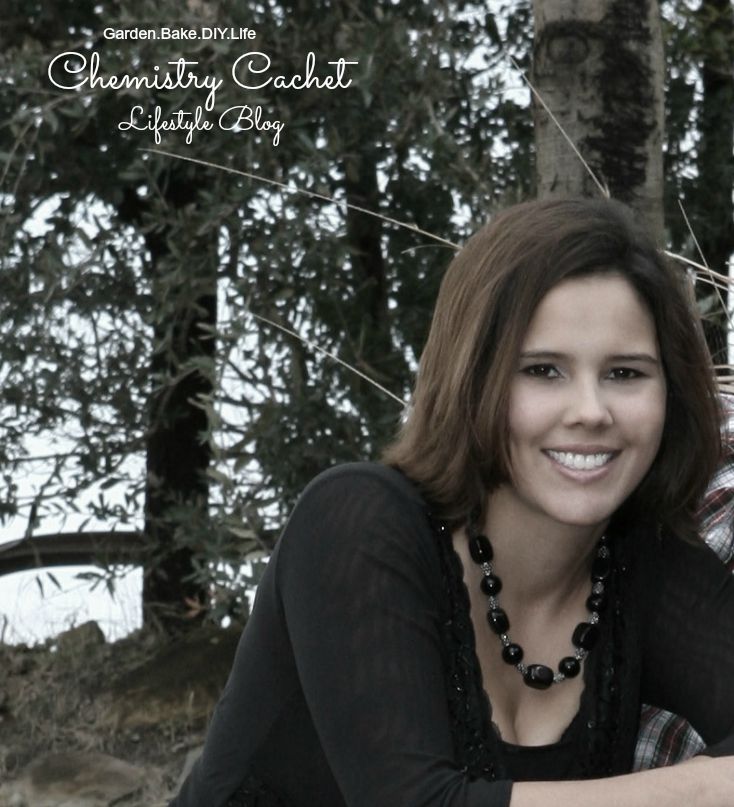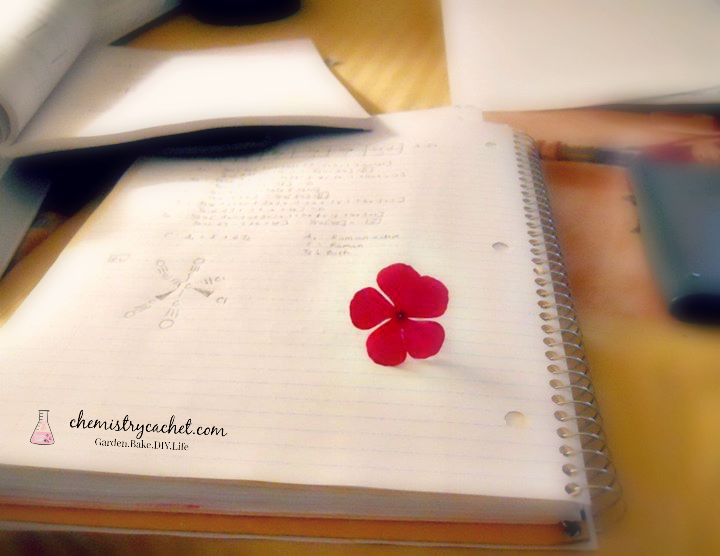HOW I PASSED A GRADUATE-LEVEL COURSE WITH THE HIGHEST GRADE Hello readers of Chase the Write Dream! I’m Alexis, the proprietor of the creative lifestyle blog Chemistry Cachet . In addition, I work as a chemist, academic consultant, writer, editor, and researcher.
 I’m currently writing an ebook on how to be the most successful college student you can be for all of my readers and clients. I wanted to tell you about some of that today. You are welcome to follow my facebook page for additional availability updates!
I’m currently writing an ebook on how to be the most successful college student you can be for all of my readers and clients. I wanted to tell you about some of that today. You are welcome to follow my facebook page for additional availability updates!
These techniques were created about the halfway point of my chemical degree. I had unexpectedly taken three years off from school, but now that my husband had left the Marine Corps, I had returned to school and was enrolled full-time. Those years off were harder to take than I had anticipated. I always received straight As in math and science since I found them to be simple. I didn’t have to work very hard to study either.
So allow me to tell you a tale. Everyone pursuing a science degree was aware of the biochemistry course. The majority of people barely managed a D, while others absolutely failed (multiple times). People who took this course changed their degree.
Despite having taken some extremely challenging chemistry classes that most people failed, I was frightened of it. With my ability to take notes and study, I received the top grades in those classes, but this was different. Over knowledge like arithmetic and chemistry, it was more about biology and memorizing. My least favorite sort of studying is memorization. I’m too easily sidetracked and bored.
Why was this class at my university so challenging? Every Thursday, the professor gave one-question tests. It was pass or fail, and it might have been about anything that was covered in class. There were only four assessments, and each one had lengthy, in-depth essay-style questions. He disapproved receiving partial credit, and to top it off, he demanded familiarity with chemical compounds like vitamin C and vitamin B12. Do you have any Vitamin B12? It is crazy!
In order to maintain my GPA, I needed an A in this class. I had my work cut out for me because I was also taking differential equations and quantitative analysis.
I was already getting good at taking notes, but this class really taught me and demonstrated to me how anyone can thrive in even the most challenging classes.
Here are the techniques I designed and utilized to take effective notes.
FIRST STEP: WRITE EVERYTHING DOWN SO YOU CAN GO BACK AND ORDER IT LATER! I discovered the hard way that the professor actually tested on some topics that I thought were irrelevant during class. Take notes on everything that is stated or demonstrated.
He frequently mentioned these one-question tests in passing in this lecture, but since I took meticulous notes, I had everything in my notes.

Use a different colored pen or ink in step two! Personally, I adore using mechanical pencils for writing. I can subsequently delete things, and it is easy on the eyes. I really enjoy the feel of pens, so whenever I use one to take notes, I always use at least two different hues. This will make some things more obvious to you. like essential terms or expressions.
I try to avoid using black ink when taking notes because I find it to be the most difficult to read, but of course, use your favorite!
Okay, the easy part of the procedure is complete: you have your notes. Utilizing those notes effectively and efficiently is what comes next!
Step three is to read the notes that are still fresh in your mind as soon as you get home from class or have some free time. Read them carefully and slowly. Underline important phrases or details that stand out to you.
I would go to the library after this particular lesson to read everything. If I had the time, sometimes more than once.
Step four is to rewrite them. Seems time-consuming, doesn’t it? According to statistics, this is the key step in information retention. If you do it wisely, it won’t take much time.
I would settle down and write out the notes at the end of the day. If I had time the next day, I would rewrite them, paying particular attention to the more difficult material, such as chemical structures and equations.
Do not simply rewrite the notes as an assignment; instead, do them methodically. Write out the first section of your notes, perhaps with some numerical headings and bullet points added. Write down each piece after giving it your full attention.
It won’t be overwhelming if you make an effort to do this after each note-taking session. There shouldn’t have been much studying or memorization before to the exam.
Step five: Rewrite it! Since I was aware that every Thursday was a quiz, I would just rewrite my notes from Tuesday. Anytime I had some free time, I would pull out my biochemistry notes and scribble out any perplexing structures or terms.
I never thought twice when it came to responding when Thursday arrived. I consistently achieved perfection. I had taken so many notes that when test time arrived, all I had to do was read the notes a few times. I generally scored high Bs and As on every test.
 The takeaway from this is that while taking notes is important, how you use them is much more crucial. All of my unsuccessful classmates were quite intelligent individuals, but they never wrote out the notes. They would spend hours reading and studying it, but there was too much information for them to remember in that way.
The takeaway from this is that while taking notes is important, how you use them is much more crucial. All of my unsuccessful classmates were quite intelligent individuals, but they never wrote out the notes. They would spend hours reading and studying it, but there was too much information for them to remember in that way.
Although writing out notes takes time, they are quite effective. I constantly require this of my customers, and I never fail!
This information is included in a series I’m writing about taking tests. Please get in touch with me if you want more details! Enjoy your amazing day!
Join me on AA7, AA8, AA9, AA10, and AA11
Alexis works at Chemistry Cachet as a chemist, writer, and blogger. She has an Chemistry Cachet 2 and focuses on academic coaching, editing, and research.





